Understanding Probate Estate Administration in North Carolina
If you're a resident of North Carolina, it's essential to understand what probate estate administration entails. Probate is the legal process of settling the estate of a deceased individual, which includes identifying and gathering their assets, paying off their debts, and distributing the remaining assets to their beneficiaries. In North Carolina, probate is generally handled by the Clerk of Superior Court, who oversees the process from start to finish. In this article, we'll discuss how probate estate administration works in North Carolina and how much it might cost.
What is Probate Estate Administration?
Probate estate administration is the legal process of settling the estate of a deceased individual. It involves identifying and gathering the assets of the deceased person, paying off any outstanding debts, and distributing the remaining assets to their beneficiaries. The process is overseen by the Clerk of Superior Court, who is responsible for ensuring that all the necessary steps are taken to settle the estate.
The Steps Involved in Probate Estate Administration in North Carolina
Probate estate administration in North Carolina involves several steps, including:
1. Filing the Will with the Court
If the deceased person left a will, it must be filed with the Clerk of Superior Court within 30 days of their death. The court will then review the will to ensure that it is valid and that it meets all the necessary legal requirements.
2. Identifying and Gathering Assets
The executor of the estate must identify and gather all the assets of the deceased person, including bank accounts, real estate, personal property, and investments. This process can be time-consuming and may require the assistance of an attorney or other professionals.
3. Paying off Debts
The executor of the estate is responsible for paying off any outstanding debts of the deceased person, including mortgages, credit card debts, and medical bills. This is done using the assets of the estate.
4. Distributing Assets to Beneficiaries
Once all the debts of the estate have been paid off, the remaining assets are distributed to the beneficiaries according to the instructions in the will or according to state law if there is no will.
How Much Does Probate Estate Administration Cost in North Carolina?
The cost of probate estate administration in North Carolina can vary depending on the complexity of the estate and the fees charged by attorneys, accountants, and other professionals involved in the process. Some of the costs associated with probate estate administration in North Carolina include:
1. Court Costs
The court charges a fee for filing the will and other documents related to probate estate administration. These fees can vary depending on the county where the probate is being handled.
2. Attorney Fees
Most people hire an attorney to assist with probate estate administration, and attorney fees can vary depending on the complexity of the estate and the attorney's hourly rate.
3. Accountant Fees
An accountant may be needed to assist with valuing the assets of the estate, preparing tax returns, and other financial matters related to the estate. Accountant fees can vary depending on the complexity of the estate and the accountant's hourly rate.
4. Executor Fees
The executor of the estate is entitled to receive a fee for their services. This fee is typically a percentage of the value of the estate.
Conclusion
Probate estate administration can be a complex and time-consuming process, but it's an essential part of settling the estate of a deceased person. If you're dealing with the probate of an estate in North Carolina, it's essential to understand the steps involved and the costs associated with the process. By working with experienced professionals and understanding the legal requirements, you can ensure that the probate estate administration process goes as smoothly as possible.
